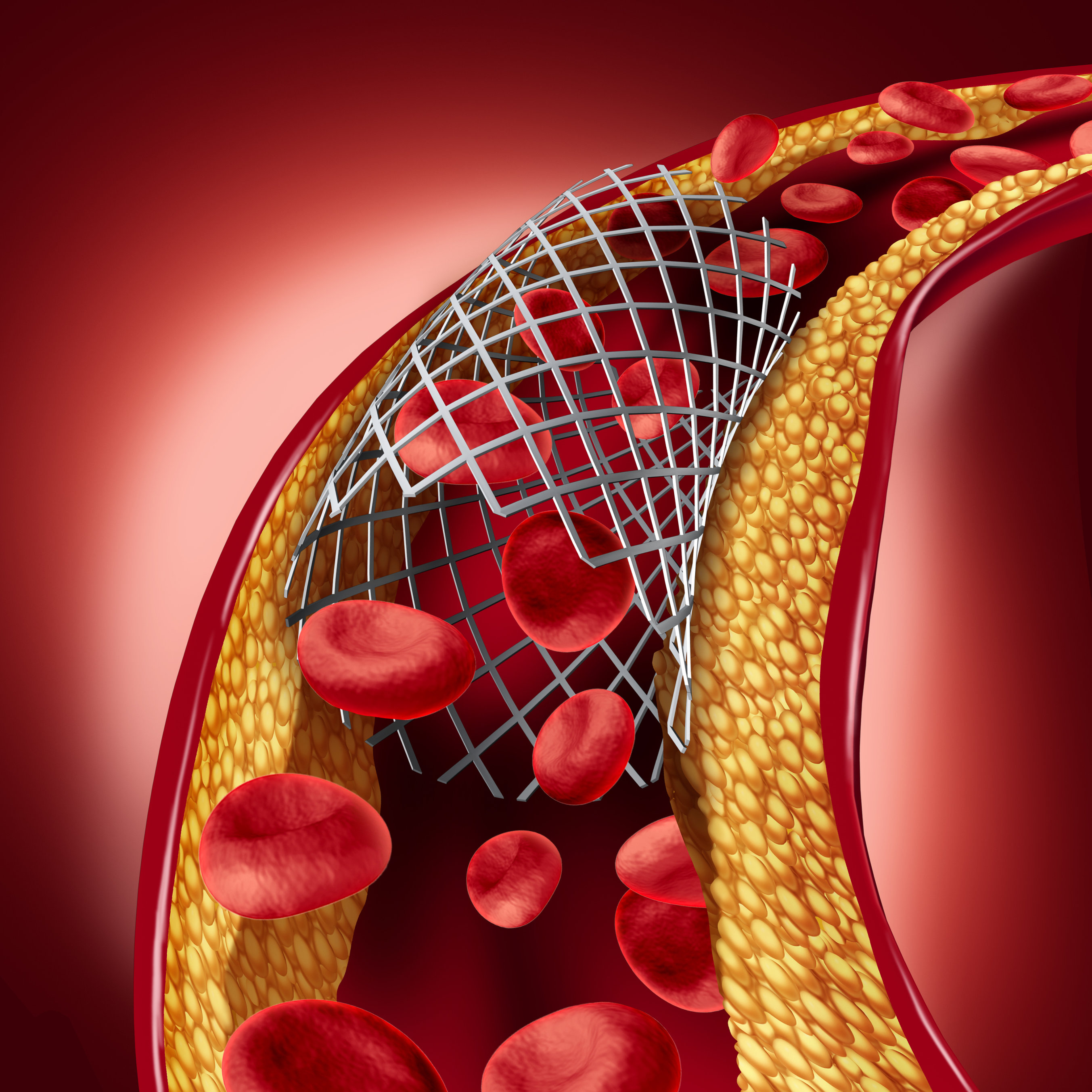Chinese researchers have analysed risk of cardiovascular events in patients who had a severe infection
Severe COVID19 infection can increase the risk of plaques being formed inside the blood vessels, increasing in turn the risk of cardiovascular events such as heart attack and stroke. Chinese researchers retrospectively analysed data from 803 patients who underwent coronary angiography between 2018 and 2023 to reach this conclusion.
“SARS-CoV-2 infection was associated with a more rapid progression of lesion-based plaque volume and an increase in incidence of becoming high-risk plaque. Coronary plaques among patients who experienced COVID-19 were more prone to having an elevated risk of target lesion failure,” they reported in the journal Radiology.
The link between COVID19 infection and stroke was among the earliest associations around the viral infection that had been established. The current Chinese work expands it and puts it more in context by also defining the timelines during which the risk of cardiovascular events is the highest. It also gives a rationale for the increased incidence of cardiovascular events post COVID that many researchers have reported. For example, a study funded by the National Institutes of Health in the United States found that the infection increases the risk of heart attack, stroke, and death for up to three years among unvaccinated people.
The study referenced earlier studies that have found that viral and bacterial infections increase the chances of atherosclerosis. “Our findings suggest that SARS-CoV-2 infection may exacerbate cardiovascular risk by accelerating the advancement of susceptible plaque types and coronary inflammation, thus offering a potential mechanistic rationale for the link between prior SARS-CoV-2 infection and adverse clinical events. These mechanistic pathways may contribute to the spectrum of cardiovascular consequences after the recovery from COVID-19, which was explored in our study. However, a more comprehensive understanding of the biologic mechanisms is necessary for guiding the formulation of preventative and therapeutic approaches for cardiovascular manifestations among individuals with COVID-19,” the researchers wrote.


